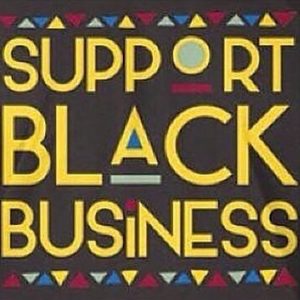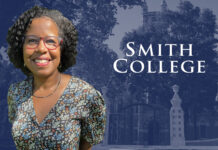 A new study by scholars at the University of California, Berkeley, the University of Oregon, and the University of Minnesota finds that news coverage of racial incidents lowers support for Black entrepreneurs.
A new study by scholars at the University of California, Berkeley, the University of Oregon, and the University of Minnesota finds that news coverage of racial incidents lowers support for Black entrepreneurs.
A large group of mostly White adults was given one of two Associated Press articles to read. The first group read a neutral account of plans by Starbucks to provide racial bias training to employees after two Black men were arrested for asking to use a Philadelphia store bathroom. The second group read about a snowstorm in the Midwest.
All participants were then asked to review a crowdfunding proposal for a waterproof speaker, being told that it was either led by either a Black or White founder. The researchers found a significant difference between the groups: Those who read about the snowstorm rated the two proposals similarly, in terms of quality of the idea and abilities of the entrepreneur, while those who had been primed to think about race judged the White-led project to be better than the Black led-one.
Because the first study had very few Black participants, the researchers repeated it, recruiting equal numbers of people self-identifying as Black or White. In this experiment, they found that after reading about the Starbucks incident, both White and Black participants favored entrepreneurs of their own race — despite the fact that everyone evaluated virtually identical projects.
“This confirms what sociologists have long known: When people are reminded of how they differ from others, they often become more inclined to identify — and side — with their own group,” notes Andreea Gorbatâi, an assistant professor in the management of organizations group at the Haas School of Business at the University of California, Berkeley and a co-author of the study.
“We post memes with hashtags like #BLM and write messages of support on social media profiles, but it doesn’t necessarily translate into shopping at, or investing in, Black-owned businesses,” Dr. Gorbatâi added. “It’s important to understand why that is and learn how we can challenge and change this pattern of inequity and inequality in a durable fashion.”













It’s called the practice of cultural and economic continuity. This is a practice what the so-called Black American community should be practicing first and foremost.
Surprise; surprise!!
My question is why is this even something to research when the answer was known far before the research even began?
Hey Dianna,
To answer your question. It gives the contextual appearance for some average so-called academic is contributing to the intellectual landscape along with being able to say “I have a newly released publication” to their academic peers.